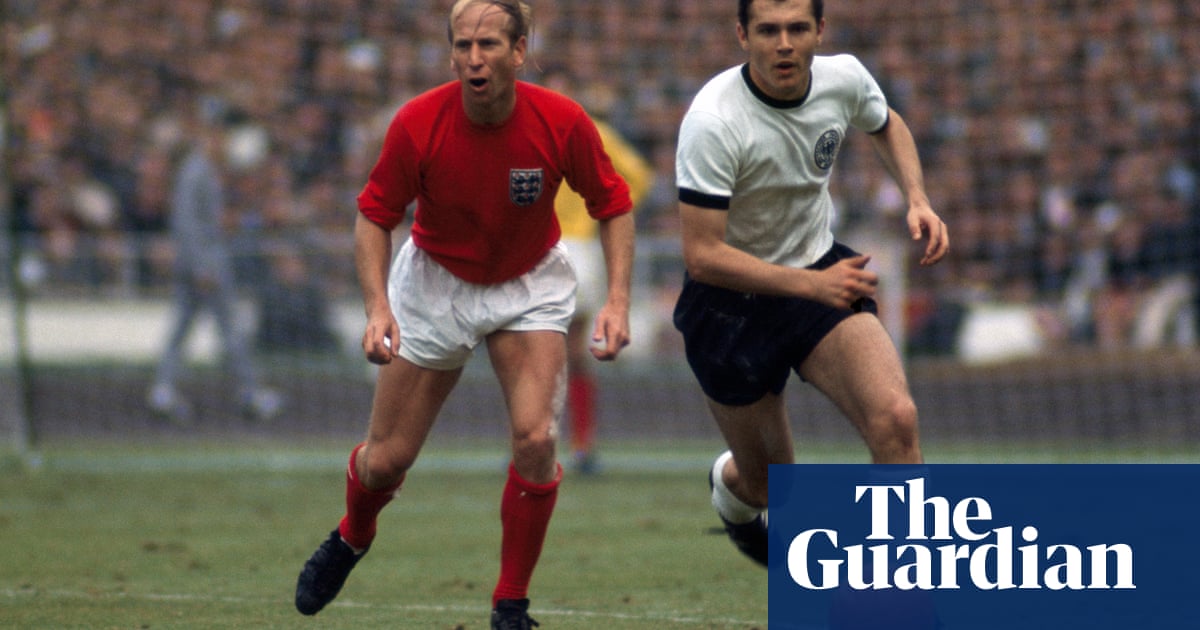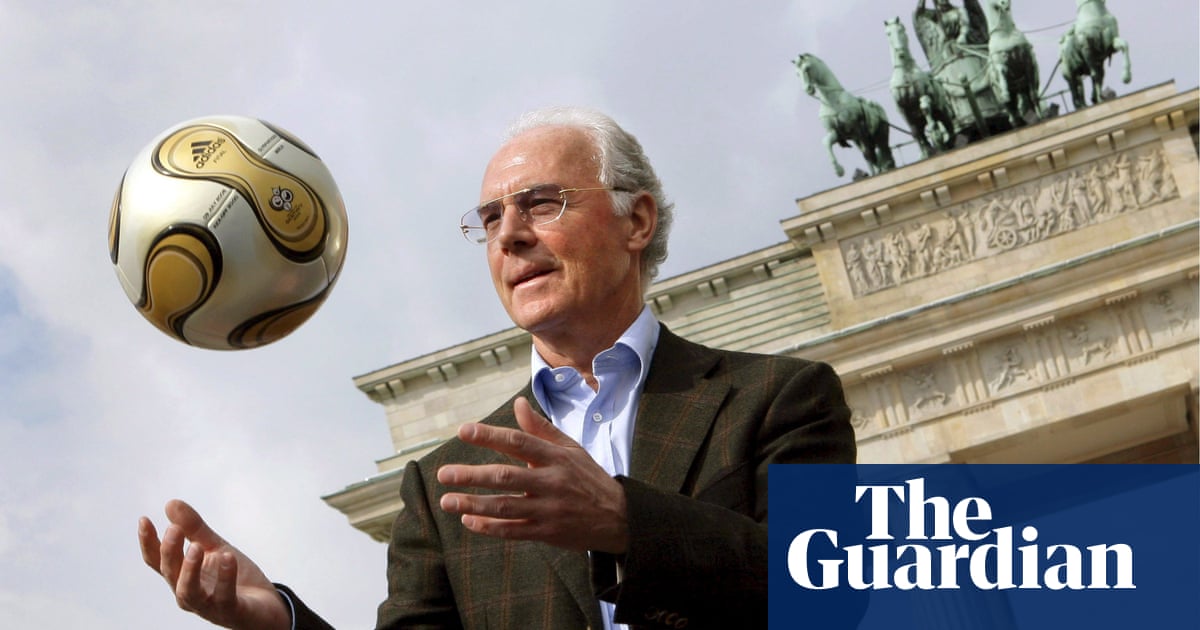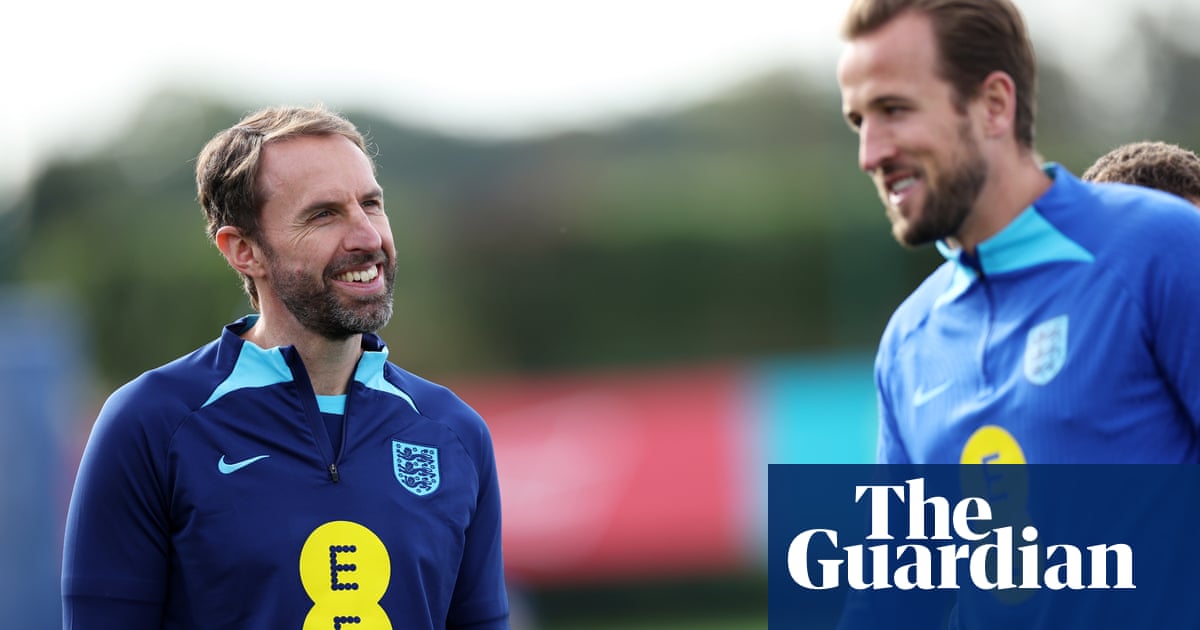
Monday evening in south Croydon and the last few stragglers are meandering from the 3G pitch towards the car park. Simon Osborn and Bobby Bowry have just concluded a grueling two-and-a-half-hour training session with 70 children, coaches in their element as they put six age groups through their paces at the thriving Volenti Academy. Both are hoarse but, as the caretaker agitates to lock up for the night and Osborn curses the prospect of missing Love Island, talk turns to an old team-mate.
Bowry had always seen something in Gareth Southgate, a single-mindedness to set him apart, which makes the prospect of his former captain at Crystal Palace leading the nation to the World Cup anything but surprising. Osborn, who had succeeded the current England manager as Palace’s youth‑team captain back in the late 1980s, echoes the sentiment.
“We all know he’s a ‘nice guy’ but people seem to think that means he’s soft, which is nonsense,” he says. “He’s not afraid to make difficult decisions, to leave out people like Jack Wilshere or Joe Hart, or attack the Wayne Rooney situation head on despite barely having his feet under the desk. He was that close to getting the boot at Palace. He had to fight to get where he is now.”
Southgate’s rise to overseeing the England team at the summer’s tournament in Russia is often considered in the context of his personal recovery from missing that penalty at Euro 96, or even in his reinvention within the junior set-up at the Football Association after his brush with Premier League management at Middlesbrough. But Osborn and Bowry can cast their minds back further to the early toils of his playing days as a YTS apprentice on £27.50 a week when he, like them, was toughened up on the windswept quagmire of Palace’s Mitcham training ground by senior professionals whose respect had to be earned.
There had been the threat of rejection in the early days, the brutal warnings from the youth-team manager Alan Smith that, unless the teenager coped better, physically and mentally, with the demands of the game, then a life in football would forever be elusive.
“The reason they kept him on was he was so dedicated, so professional and always thinking,” says Osborn.
“He was the posh boy, the Crawley lad – I know that’s not posh but he was educated and to us, coming out of Croydon, well spoken – who had done well in his O-levels. He was always thinking about improving, though that was probably a curse as well because he would over-analyze himself after games. He’d be the one beating himself up if he’d made a mistake but that’s also what drove him on.
“At Mitcham the reserve team trained on one pitch and the first team on the other, and you’d get dragged across at a young age to make up the numbers with the seniors now and again. You had to earn the respect of people like Andy Gray, Geoff Thomas, Mark Bright and Ian Wright. You couldn’t be overawed because they’d eat you alive. Even in reserve-team football you came up against seasoned professionals. You had to grow up fast.”
Bowry recalls Bright “absolutely burying John Salako” but, when the winger set up a goal on the Saturday, the striker would “buy him a shirt and a pair of trousers, respect earned”. Southgate faced the same challenge. “Gareth was strong and athletic, good feet, but he just wasn’t prepared to fail,” says Bowry. “He just worked harder.
“But there was a good camaraderie among the younger guys, who all found themselves in the same position. I’d had the chance to join Arsenal for more money, a contract waiting for me to sign, but one day on trial at Palace and the welcome lads like Gareth gave me convinced me I could relate to these people. He set the tone. He was one of those in pre-season who, mentally, thought he could beat the most natural runners in the team. He’d try and take them on, racing them. He’d do the same against Mo Farah now, probably. He wasn’t going to let anything get in his way.”
He was also arguably the most sensible, apart from one infamous night during a prestigious youth-team tournament in Viareggio, Tuscany. That evening in Italy a rare dabble with tequila slammers took its toll. “He ended up spewing all over the chairman, Ron Noades, in the lift back up to the room,” says Osborn. “Ron didn’t say anything but the clothes were waiting for Gareth outside his door the next morning to be dry cleaned. That was the exception because he was the straight-laced one, usually. If there was a night out, he’d be the one telling us he’d sorted the taxis out so we were back by the curfew.
“We’d tell him to: ‘Shut up, Gareth, we’re coming back later,’ and ‘Nord’ him off [Nord was Southgate’s nickname, a moniker pinned on him by the coach Wally Downes who likened his precise way of speaking to that of It’ll be Alright on the Night’s Denis Norden] but, at the age of 22, he’d replaced Andy Thorn, a good professional, as the first-team captain. That says it all.” Seven of that youth team went on to play in the top flight. Osborn and Southgate, at 19 and 20, made their full senior league debuts in the same fixture, a 3-0 defeat at Anfield in April 1991. Palace finished third in the First Division that year.
Bowry’s playing career took him from Palace to Millwall to Colchester and, heading up Volenti’s player management wing, he has had regular recent dealings with his former club-mate over his client Alfie Mawson. The grassroots coaching programme is thriving to the extent that it boasts a waiting list to work under such as Bowry, Osborn and, among others, Dean Austin. Austin still coaches at the group’s site in St Albans despite his appointment as manager of Northampton Town.
The sessions at Croydon’s Harris Academy have established Volenti as a hub for young hopefuls, while Volenti have partnered with the Palace for Life Foundation to provide a football and education programme for over-16s.
“We develop players,” Bowry says. “Our aim was to be a part of the community and we’ve got kids from Camberwell, Peckham, New Cross, one from Ruislip, others from north London coming to the education programme. Kids from Wimbledon, Fulham, Palace, Charlton also come down here to do extra sessions.”
Southgate, who has always been so passionate about youth development, would admire the set-up as much as his former team-mates are impressed by his progress to Russia. “We had a pre-season in Portugal back in 1994 and Alan had Gareth rooming with Ray Wilkins,” adds Bowry. “Alan said to Ray: ‘Mentor this one, he’s going places.’ And he has. All the way to Russia. Good luck to him.”(The Guardian)












